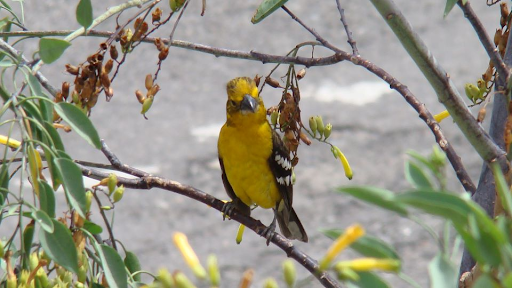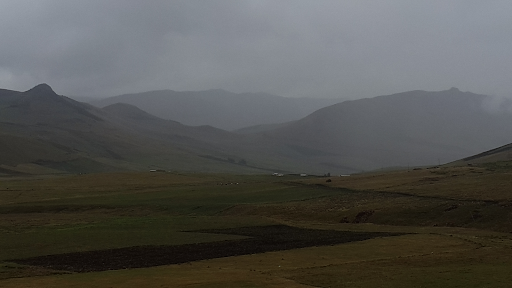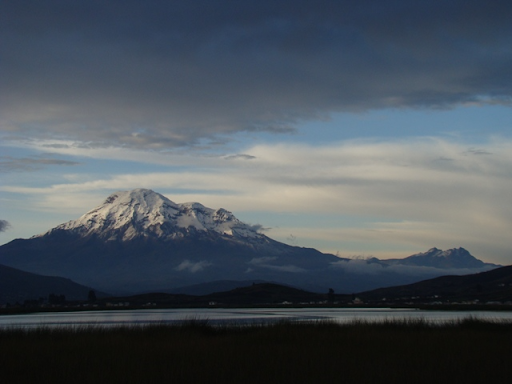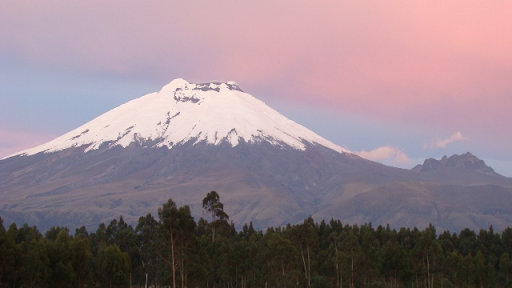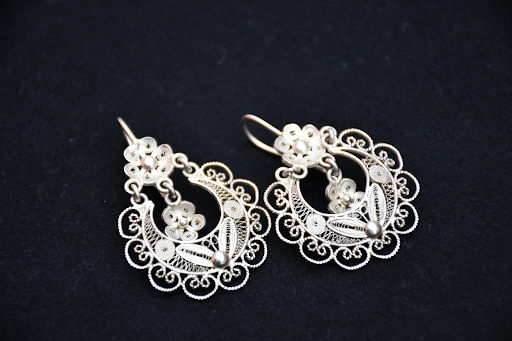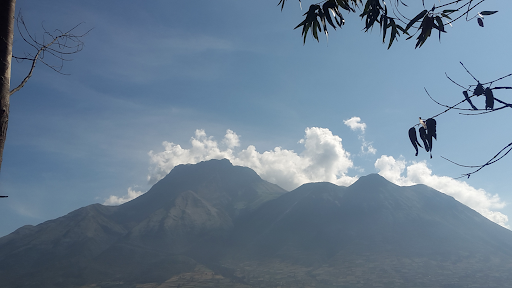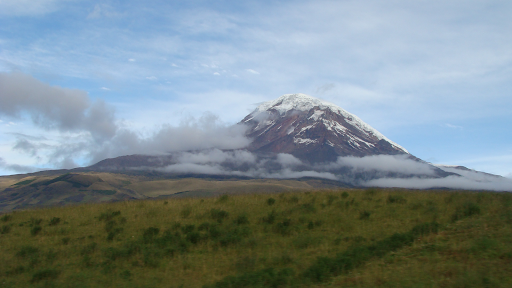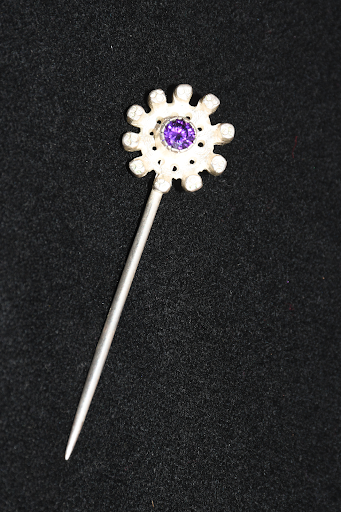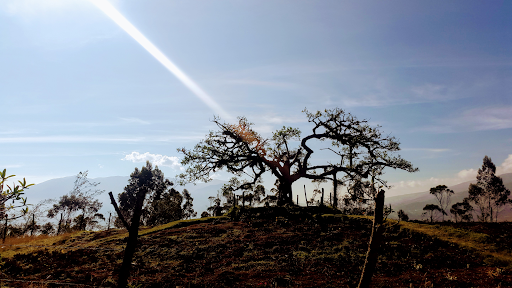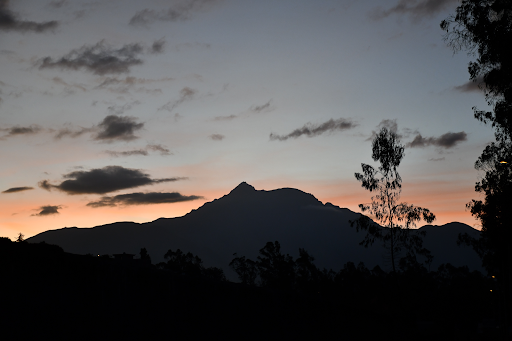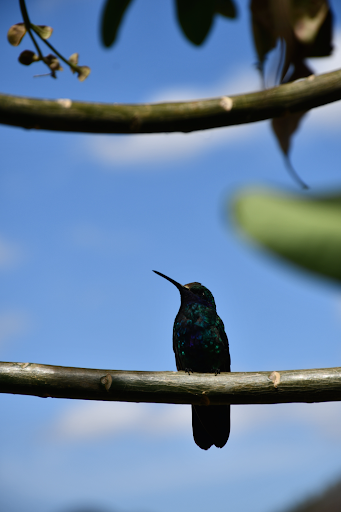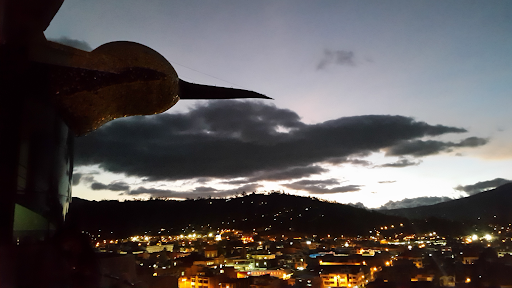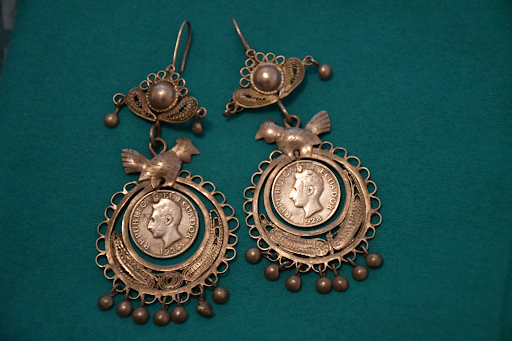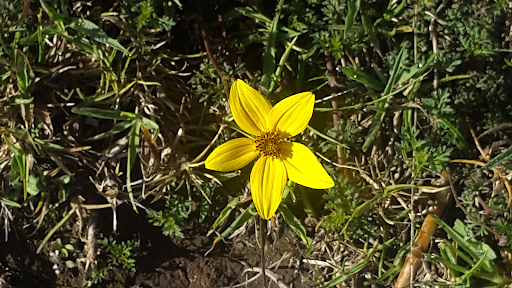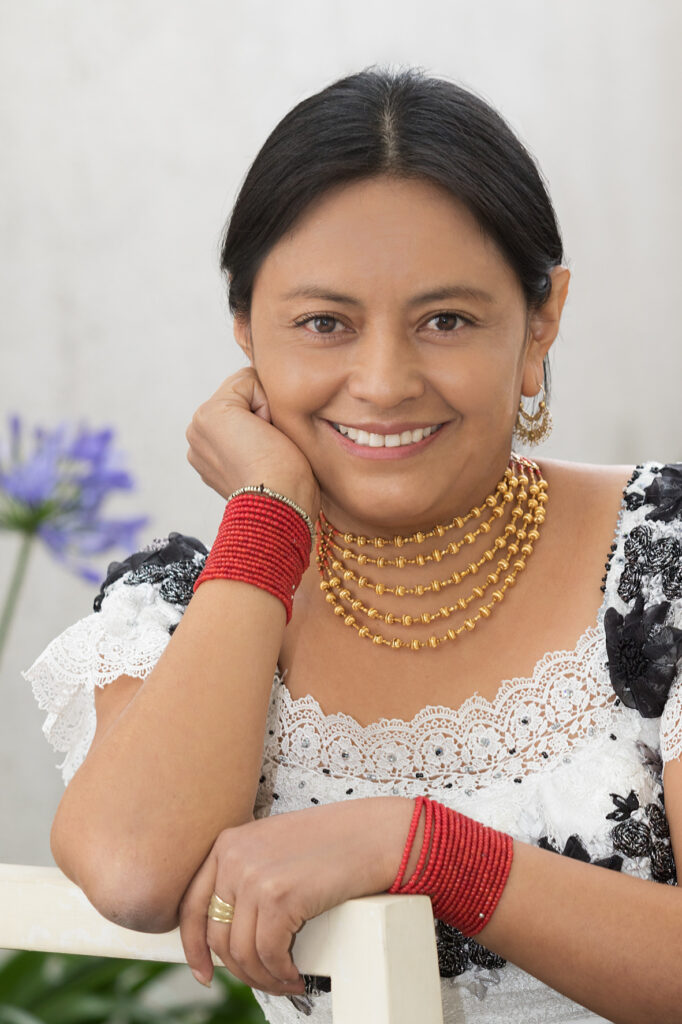Compilation, comments, and images by Yana Lucila Lema
Poetry translated from Spanish by Carolina Bloem
Comments translated by Anya Skye Tucker
The further we move away from life
the more we grasp for her
the more gods are dying
the more we ache to write about them
When we talk about poetry in our language, I mean the runa shimi or kichwa. I feel that the word poetry falls short of embracing everything that is poetry in daily life and in the festive. And I say short because for ancestral peoples, poetry is not only about verses written alphabetically on paper.
Far from idealizing the Kichwa culture, their aesthetics and communicative forms, I want to point out that I have been able to encounter so much poetry in their rituals, songs, dances, and day-to-day speech, which I perceive they collectively make, unmake, and recreate.
So I’ll say that contemporary Kichwa poetry, of alphabetic writing, is only one of the resources, made ours, to tell beautifully our ancestral memory and our present memory.
I would also say that we are still here, between the technology of writing and the frenzy of modernity, and that we have also faced death in this era, as many nationalities have lost human beings in this emergency.
Many have passed away in the midst of the current crisis, precisely because of the losing of other living beings, and with them their names, their languages, their forms, and ultimately their necessary presence for the harmony of life and the richness of language.
For this reason, I say that as the further we move away from life, the more we grasp for her, and the more gods are dying, the more we ache to write about them.
Then, the poetic Kichwa word calls on us not to forget, to have in mind these other forms of life, of knowledge, of aesthetics and sensibilities.
Mishki shimi rimaykuna / Voices of sweet words, a collection of contemporary Kichwa poetry, unveils these voices that seek to tear down borders, to make us present, to resist, to continue being.
Here there is another resistance, a literary defiance forged from diverse voices, with different styles, woven from self-learning, from hearing the ancient words, but above all full of quests.
Some texts I will share below are included in some anthologies of poetry by Indigenous peoples from Ecuador, published between 2011 and 2016. Some others are collaborations for this collection, whose authors I thank for their friendship and trust.
This showcase has two moments which, in my opinion, could help understand Kichwa poetry and its margins.
PART 1
The first part relates with authors that appear in the 1980s, together with the critical activist struggles and those who made visible their work in the 1990s and after.
From personal conversations, I know that almost all of them wrote for themselves, without intentions to publish or make writing a profession, but rather for personal hobby, complementary to their professional work. It could be said that we know each other, or I know them because we have shared the informal literary scene.
They are artists that refer strongly to revitalizing memory, ancestral knowledge, worldview, and the Indigenous movement advocacy. Also, many have or have had close ties to rural spaces, though this cannot be generalized.
Some are bilingual teachers who write in Kichwa and self-translate into Spanish with the purpose of insisting on the value of a language whose literary value has historically been doubted. Their work are memories, words, sounds, and sensibilities, protected and archived, but also hidden and rejected.
The most important author of this time is the Otavalo Kichwa poet Ariruma Kowii, who wrote his first work Mutsutsurini (1988) just in Kichwa, as a symbol of resistance to the disappearance of his tongue. Afterwards, his works were published in Kichwa and Spanish. Parallelly there are other authors who have no published full books, but do appear in anthologies with bilingual texts. Among them are:
Aurora Chinlle, Kichwa Puruwá
(Chimborazo Kichwa)
Lorenza Abemañay
Patsak, patsak watayantami
kanpak shutika yawarpi.
Kanpak sinchi yuyaywanmi
warmikuna kawsarinchik.
Mama Lorenza, atik Lorenza
shilshiwan willak, atik warmi
wasinpi yuyayta tarpuk mama
wawanta yachachik mama.
Tsalakunapak millashka
runakunapak kuyashka.
Warmikunapak yuyarishka
wawakunapak yachashka
Guamote kinkrikunapi
silsilwan willarkanki
Lorenza Peña warmiwan
runakunata hatarichirkanki.
Sinchi sinchita kaparishpa
mallku shina pawarkanki.
Chaymantami allpayuk kanchik
Shinami kishpirirkanchik.
Waranka pusak patsak kimsapi
Jacinta Juárez, Margarita Pantoja
Baltazara Chuisa warmikunawanmi
Lorenza Abemañay
With your knowledge
women undertake
Hundreds of years disgraced
today we have freedom.
Victorious mother Lorenza
You warned the entire family
Holding onto the pulley
You instructed every child.
They, the settlers hated you
They, the indians admired you
They, children are observing
Us, women envy you.
Through the hillsides of Guamote
To the beat of the immense garrucha *
With Lorenza Peña to your right
You directed ten thousand Runakuna. **
With your outcry “let’s revolt”
You flew like the sinchi mallku ***
To recuperate our lands
Our defamed dignity.
The mutiny of 1803, ended your image,
With mother Jacinta Juárez,
Margarita Pantoja and Baltazara Chiuza
were bruised to protect warmikuna. ****
* Garrucha: used to serve to punish Indigenous peoples
** Runakuna: it means “human being”, however it can be used as “native people”, in this case the Kichwa people themselves.
*** Sinchi Mallku: powerful condor.
**** Warmikuna: women.
Lourdes Llasag, Kichwa Panzaleo
(Kichwa Cotopaxi)
Ushushiku
Amapola sisashina, kanpak samita kuyani
Nayana chirlilla yakushina, tuykunapak kawsaypak
Guzhul muyuntitak yaku ukuta purik
Enamorada tukuy ruraykunapi
Laglag mana tamyashpaka chakishkakanki
Anchuchik, ñuka nanayta apak.
Ñutita
Love, like the poppy flower, I love your natural smell
of crystal clear water, vital for life
spin, spin without growing tired, around the world
in love with the things you do
slow like the afternoon rain
air that calms my pain.
Luiza Gualan
(Kichwa Saraguro)
Sinchi warmi *
Warmi allpa maki, nina shunkuku,
allpapachata chuchuchik wachak mama,
hatun mamakunapak ñawpa rimay.
Shimikunaka, kikinpak takipi wakaypipash mana wañun,
achikyachik kishpirichiy muskuykuna.
Sara chukirawapash sisa warmi,
muskuyta awak.
Kikinpak hatun taytakuna tarpuna allpamamaka,
kishpirishka rikcharishka warmimi mañakun.
Woman hands of land, heart of fire,
breastmilk that nurtures the world,
ancestral language of the grandmothers.
In your song and your tears voices don’t fade,
dreams of light and freedom.
Woman tassel of corn and chukirawa, **
weaver of dreams.
The land your grandparents cultivated,
is calling for that free and awake warmi.
* Sinchi warmi: strong woman.
** Chukirawa: flower from the paramo (high treeless plateau in tropical South America.)
Segundo Wiñachi
(Otavalo Kichwa)
Malkuta tapuy
Ninan malku huchapash kachun kay tapuykunamanta kishpichiwanki
Pita kay allpa mamapika kanta puntaka sarurka kawsarka
Pita kay yakutaka kararka pimantata kay sara muyuka mirarishka
Pita kay kwychitaka shuyushka imamantata kay yawarka tukushka
Pita kay wayusakunataka apamurka maymantata shamurka
Pita kay urkukunataka wasichishka chukllamanta kushni llukshikshna kushninahun
Imashpata kay walunyashka yakutaka yawar kucha nin
Imashpata kay waykukunaka ninan haka tukushka
Imashpata kay pukyuka larkamanta pakcha tukushpa kawsashna Kallpahun maymanta rihun maypita chinkarin maypita tukurin
kanmi shimi millmalla huntashka mishukuna wanchinkapa maskanahukpipash sinkapi satishpa pakawashkanki kishpichiwashkanki
kanmi yachanhi imashna kay allpa mama kallaripi kashkamanta imashna unkuchishpa tukurinahunchimantapash
ninan malku nara chinkarispallata kampa pakashpa wakaychishka yachaykunata ushaykunata willachiwanki ñukapash shamuk wiñay wawakunaman willachinkapa
kan chinkarikpika pita tapuytapash ñana ushashachu
ñuka kawsaywan chinkarishpa kanshnallatachu hawa pachaman
pawashpa kawsankapa rina kani imata nishpami tapuni
ninan Malku
Ask the Condor
Powerful Condor even if a sin forgive me for these questions
Who before you has stepped has lived on this land?
Who has gifted this water spring?
Who created this originary grain called corn?
Who has designed this rainbow?
Who has made this blood?
Who has built these mountains like huts with plumes of smoke?
Who has brought these rats? Where do they come from? What is their origin?
Why is this lagoon called Yawar cocha?
Why are these creeks so deep?
Why is this river a live current?
Made a floating cascade
Where is it going where does it get lost what it its end?
Powerful Condor your nose was my refuge
When the bearded ones where looking for me to slaughter me
Only you know how was the creation
And why are we sick now with the smog pest?
Oh powerful Condor! Before your extinction
Tell me your secrets you have reserved
Of your wisdom of your power
To be able to pass on to my future generation
If you get lost I won’t have who to ask to
When I die maybe I will go to the infinite sky
Where a lot of living beings exist flying like you
Rasu Paza
(Puruwá Kichwa)
Pachamamapa sisa
Maykan chikan chirimuyupa ñawpa pachapichari kanpa rimaytaka uyarkani.
Maykan kullkishina, rasushina allimanta rikuk Mama Pachapichari kanpa ñawikunataka rikurkani.
Maykan waranka watakunachari kashka kanka.
Maypitak karkanki, maypi. Imatak karkankiyari, waranka wata ñawpaka.
Ñukaka kan armachun, kan upyachun, chuya achik yakumi karkani.
Allimantami tukuy churana illaklla ñuka kayman shamuk karkanki.
Ñuka kay, kallpakuk mayuman rishpami armak karkanki.
Kipaka ishkay makiwan hapishpami upyawak karkanki.
Kanka, ñuka kanpa tukuy ukuktapash, ukkutapashmi riksichun sakiklla karkanki.
Chay kipaka, kanpa ñutuklla ukkupa, munaypa milkim ñukapi llutarishpa sakirik karka.
Chaymanta pachami kanpa rupak sumaymana chuchukunapash
ñukapa kisha tukurkakuna.
Ñukapa kawsaytapish punchan punchanmi
kanpa yura mallkiwan awashpa rik karkanki.
Kanpa aychaka wiñayta mana wañunchu, shamurayakunllami.
Kunanpash, ñawpamanta shamushpami kutin kaypi kanki, ñukapa karawan, ñukantin.
* Milki: perfume
Flower of mother nature
In which of the remote times of chirimoya did I hear your voice?
In which time, maybe, did I meet your face when Mother Cosmos was gliding slowly like silver, like snow?
How long ago was it?
Where were you, Where! What were you thousands of years ago?
I, so you can drink, so you can bathe, was the transparent water.
Slowly you came to me without attires.
You bathed in the torrential river I was.
Then you satiated me holding on with both hands.
You, with insistence let me know your body and essence.
Then your soft and delicious perfume remained adhered to me.
Since then your beautiful and warm breasts
became my abode.
My life was weaving day after day
with the branches of your tree.
Your flesh never dies, it returns time after time.
Today also, you arrived from infinite time and are present, stuck to my skin, you and me together.
Inti Cartuche
(Saraguro Kichwa)
Akapana
Akapanami kanika
urmamunilla shina yarin
maykan kucha chaskichun illanmi.
Rasuyachik wayratami uyani
wiksataka kushikuywan shiktachikta rikuni.
Shina kakpika ñukaka,
–urkupak churi,
waykukunapak wawa kashpa–
shuk ñawpa kacharpayakuta,
chushak kayta
allpakuyuyta kinkurik suni asiriyta
runtu kachun nishka shututapish uyachini.
Wayra, imapaktak pukumuwankillayari,
akapana muyutaka ñuka ukupimi ña charinika.
Uyariway!
chakishka panka shinami urmamuni
ñawpakawsaywan may hukushkami kanika.
Storm
Storm am I
and it seems I fall straight down
there is no lagoon that receives me.
I listen to the wind freezing me
cracking my womb with happiness.
While I,
-son of the mountain,
grandson of the creeks-
whistle such an old farewell
an un-being
a long smile curving the earthquake
a drop thrown to become a hailstone.
Why do you blow, wind,
if I already have inside the seed of the storm?
Listen!
I fall like a dry leave
But I am extremely sodden of history.
PART 2
In the second moment, there are the younger authors who are interested in writing with their face towards past poets, or just for personal necessity, or because they are linked with organizations and their struggle processes.
Many of them are students or professionals in different disciplines who, like the older generation, complement their professional activities with creative writing, and therefore they don’t have a regular literary production, neither do they have full books published, but they appear in anthologies of poetry by Indigenous peoples and nations.
Some of them have questioned what they call a “romantic vision” of the current Kichwa reality. Thus they poeticize the daily life from the here and now, and speak about the contradictions and problems they live in their territories or from the deterritorialization.
Closer to urban spaces, they write bilingually or only in Spanish, since some of them did not learn Kichwa, or they have difficulty writing or reading it. However, they inlay Kichwa elements, figures, meanings, and words in their verses, which accentuates their uniqueness in the face of dominant aesthetics. Among them are:
Diana Gualapuro
(Otavalo Kichwa)
Kushikuy
Pachamamaka ashka tullpukunata rikuchin
pachaka ashka wiwakunata charin
shinapash hatun yayakunapak ñawpapi tushun
raymitaka rundador nishkawan ruranmi
shinapash kushikuymanta kurishina rikurinchik
shinapash fawanakunchik pachata takarinkapak
ña fuyuman chayashpa
lukanchik shunku kushikurka
fuyuka pampalla yuraklla
mana ima
yaku shinchiyashkashnalla rikurin
Happiness
World of colors
world full of beautiful animals.
Dancing next to my parents and grandparents
holding gatherings with rondadores-panpipes.
Shining with happiness
until we jump and reach the sky.
When we finally arrive to the clouds,
puffy, white as ice
we feel our hearts beat
something that naïvely
appears out of nothing.
Achik Lema
(Otavalo Kichwa)
Chinkachishkanchik
Inti tayta sakinchi
killa mamata piñarinchik
Pacha mamata kunkanchik
Shina rurashpapsh
Paykunamanta kawshkinchik (…)
That Which We Lost
We desisted from the sun
We rejected the moon
We forgot Pachamama
Despite everything
For them we all live (…)
Yolanda Pazmiño
(Otavalo Kichwa)
Warmi puncha
Ima punchapash kachun,
Awaki, inti puncha kankachari
Mana kashpaka Chaska puncha kashkanka
Hatun katuna ukupi runakuna rinakun, chayamukun
Shuk kari shayarishka runa, kunkullinawan
Chakata wityanapi shayarishka
Tawka runakunapi pantarikun
“shumak puncha Warmi”, shina uyarin
Chay pachapa, chay runaka karilla rikurin
Warmikunata puka sikunata karakun
Shuk sumak puncha kan: pusak pawkar puncha..
Kutin chay kuskata yallini
Mana pipash rikuwanchu
Warmi kani, shinapash chay runaka
mana asirinchu, mana sisakunata karawanchu, mana kushi puncha niwanchu.
Ñuka anaku, ñuka pachallina, ñuka wallkakuna mana rikuchun sakinchu.
Mana pipash rikunchu, chay runaka sisakunata
Asirikunata, rimaykuna wakaychikun.
Warmi kani, warmi puncha kan,
Kay punchaka sisakunawan raymita ruran, shinallatak runa warmikunata anchuchishpa.
Kay pachamanta mana kashpachari.
Ñuka runa kashkamanta mana sisata chaskinichu.
Shina pusak pawkar punchata yuyarini.
Shinapash anakushka, pachallinashka, wallka churakushka.
Women’s Day
It seemed like any other day,
it could be a Monday, a Sunday
or maybe a Friday.
People come and go at the mall.
Suddenly a man in a suit and tie
pauses at the bottom of the stairs
interrupts the hustle.
“Happy women’s day!” I hear,
While, dressed for the occasion,
the man offers red flowers to women.
-It is a special day: March 8th-
I keep walking by the place,
nobody sees me.
I am a woman, but the man with the tie,
does not smile, does not offer me flowers, does not greet me.
My anaco, my pachallina, my wallkas, *
make me invisible.
Nobody sees me, the man with the tie saves his roses,
his smiles, his words.
I am a woman, it is women’s day,
this day is celebrated with flowers and exclusion.
As if I do not belong to this space,
My being does not deserve a flower.
That is how I remember March 8th,
oh yes, with panchallina, anaco, and my wallkas.
* Anaco: Kichwa woman dress.
Pachallina: Kichwa woman shawl.
Wallkas: Kichwa woman necklaces.
Jenny Chicaiza
(Kayambi Kichwa)
Body-seed
We come from the silence of earth, to which we will return.
We were born in her deep bowels,
Incubated with the humidity of rain and rivers.
Fertile seeds we are.
We come from the ember, of the air that calms,
fire is our grandfather, our mother earth.
Water and Air are our Ayllu,
from there we come, to there we will return.
Our body is seed.
We resurge, go through cycles and not die.
We are fertile grains of abundant harvest,
the elements live in us, that is how we live.
Inkarri Kowii
(Otavalo Kichwa)
Runa *
I want to go back
To my roots,
To return to my mother,
I no longer want to be her son
I want to be a part of her,
I want to be a part of myself
Mother offended and abused,
I want to feel her pain and suffering
I need to be land once again,
To be fed by the sun and
The rain,
To see the moon every night,
I need to stop being human,
And turn into everything
And nothing,
In the subjective of
Existence,
I want to be tears of the land
I want to be the cry of my
Mother,
I want to be what I am,
The being of myth,
The one of the beginning
Of the story,
I want to be,
I want to be runa…
* Runa: people.
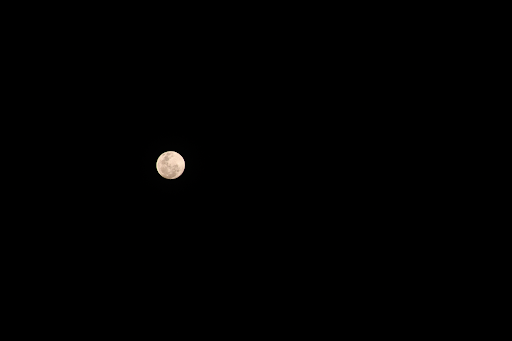
CLOSING WORDS
From diverse realities and different generations, the act of writing in a minority-ized language, or even just the act of writing from ourselves, is both an act of individual sensitivity and collective political activism.
While it is true that this poetry contains Hispanic poetic forms, they also wear Kichwa elements that are remembered, rediscovered, and reinvented in the act itself of writing.
The Kichwa culture has a rich poetic tradition that the very characteristics of the language lend it, and it is not for nothing that the Kichwa/Quechua is considered by some scholars as one of the sweetest languages of the world.
While it is true that we still need to take advantage of these linguistic benefits, and tend to a more abundant poetic production, the contemporary Kichwa poetry –from my perspective– already has a place-based and symbolic identity, related with its worldview and historic reality, bound strongly to political activism in the defense of memory, culture, territory, and language. Kichwa poetry expands from the ancestral to the present.
In short, Kichwa poetic production is not homogenous in its aesthetic forms, neither in its contents, nor in the literary quality, even more if we are talking about translation or self-translation, where many authors encounter great difficulties.
It is equally important to mention that not all of the Kichwa contemporary authors appear in this collection for different reasons. And I must say that sadly the literary production of the majority of these authors is sporadic. In all cases, it is encouraging for me that many Kichwa women and young people are writing, perhaps assuming through art and literature the collective responsibility of our continuity as Indigenous peoples and nations.
About Yana Lucila Lema
Yana Lucila Lema studied Social Communication with a specialization in Television at the Central University of Ecuador. She also studied Creative Writing and received a Masters of Social Sciences with a concentration in Indigenous Issues at FLACSO. She obtained a degree in Audiovisual Journalism at the Jose Marti International Institute of Journalism in Cuba. She has collaborated with indigenous organizations such as the Confederacy of Ecuadorian Indigenous Nationalities (CONAIE), the Confederacy of Indigenous Nationalities from the Ecuadorian Amazon (CONFENIAE), and the Confederacy of Peoples of Kichwa nationality (ECUARUNARI).
In her position at the CONAIE she created several videos about strengthening cultural identity among Indigenous peoples. One of these videos, which focused on traditional medicine, was the winner of the First Nations of Abya Yala Film Festival. She was presenter for the Kichwa language newscast KICHWAPI for six and a half years on the national channel RTS. As a writer, she participated in the International Meeting of Indigenous Communicators and Writers in Indigenous Languages (UNAM-Mexico), the Conference of the Association for Writers in Indigenous Languages of Mexico, and the International Poetry Festivals of Medellin and Bogota (Colombia). Her poetry was included in the book Las palabras pueden: Los escritores y la infancia (UNICEF), the poetry anthology of indigenous nations of Ecuador Ñaupa pachamanta purik rimaykuna / Antiguas palabras andantes (Casa de la Ecuatoriana 2016), and in the special edition of the Diálogo Magazine “Los cinco puntos cardinales en la literatura indígena contemporánea/ The five cardinal points in contemporary indigenous literature” (DePaul University 2016). Currently, she works as a professor in the University of the Arts in Guayaquil.
Read more about her here: 6 poems from Tamyawan Shamukupani / Living with the rain
About the translators

Carolina Bloem teaches Latin American Studies and Spanish at Salt Lake Community College. Her research focuses on present-day Wayuu oraliture and its impact both in local and international communities. Past research interests include travel writing in 19th-Century Colombia and Venezuela and conduct manuals and their biopolitical role in society.
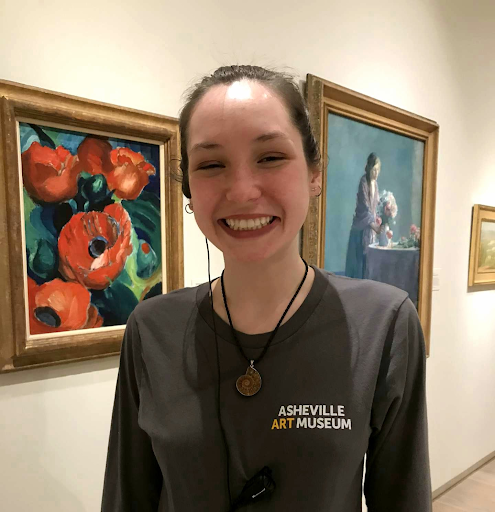
From the ancient Appalchian mountains, Anya Skye Tucker has studied at the North Carolina School of Science and Mathematics, and the University of North Carolina at Asheville. Usually, you can find her scooping ice cream and learning from the beings of the world.

